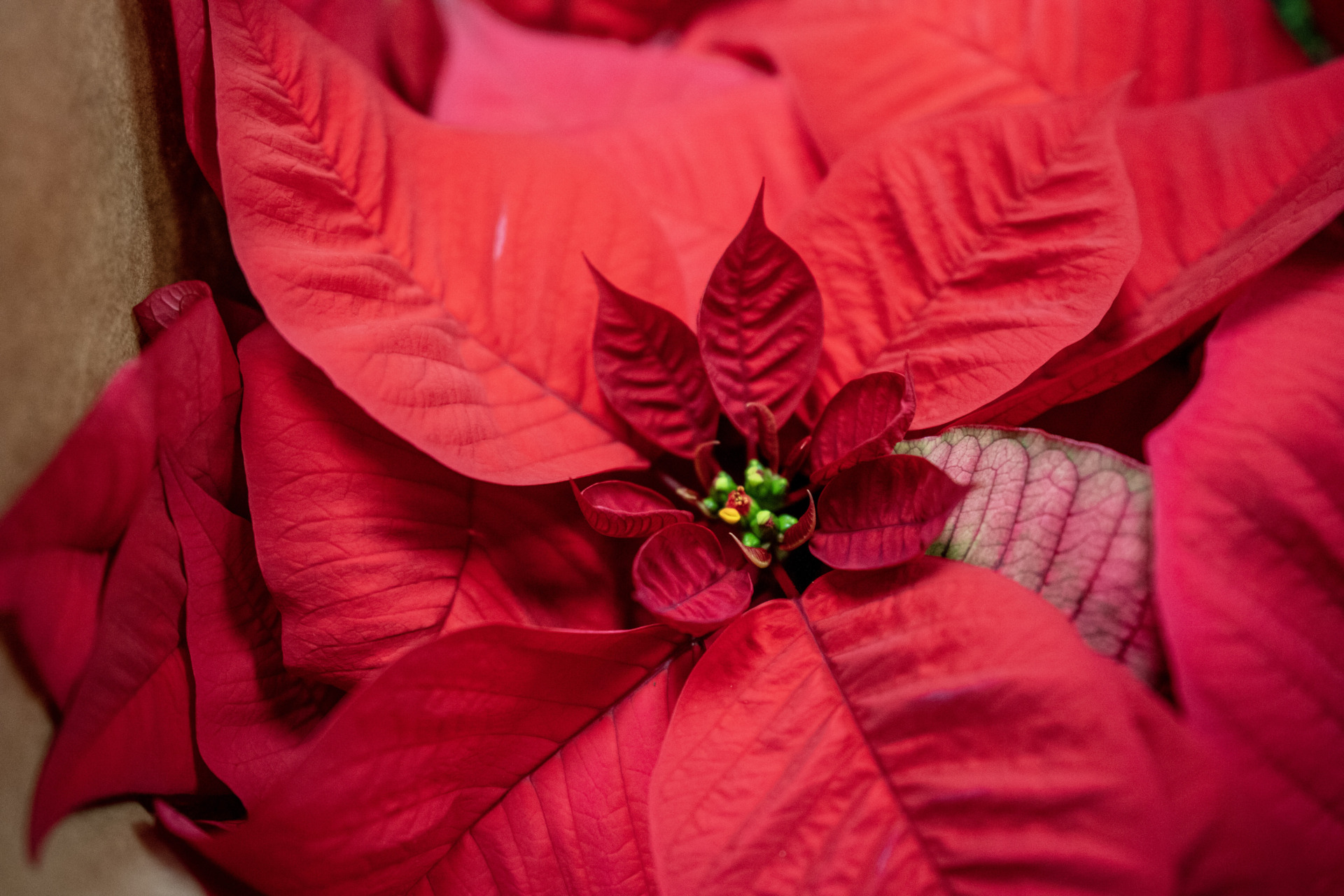A career of expanding the art and science of floral design
Bill McKinley to retire from Texas A&M Department of Horticultural Sciences
William “Bill” McKinley ’83, instructional professor, endowed chair and director of the Benz School of Floral Design in the Texas A&M Department of Horticultural Sciences, will retire on Dec. 31.

His passion for teaching the art and science of floral design has influenced students at Texas A&M University, the Benz School, the Benz School Korea, a satellite program of the Benz School, and throughout the floral design industry.
Teaching design principles through experiential learning
Since joining the Benz School in 2011, McKinley has taught courses for the department, such as Floral Design, Retail Floristry, and Special Event Design and Planning. Continuing education courses for the Benz School include Basic Floral Design, Floral Jewelry, Contemporary Design Techniques, Parties and Events, and an online curriculum training for high school floral instructors.
McKinley sees floral design as the intersection of art and horticulture.
“They’re inseparable,” McKinley said. “You can’t really understand how to create a design unless you understand the plant materials you’re using, how they grow and respond. The designer must know how to combine design principles with the science of plants — a concept critical to making floral designs appropriate and artistic.”
As adviser for the student chapter of the American Institute of Floral Designers, McKinley has ensured that his students gain plenty of experiential learning. They design and set up floral arrangements for campus events, receptions and in the Kyle Field suites for the president, chancellor, Board of Regents and Texas A&M AgriLife at football games.
McKinley said his goal is to show students a diversity of design styles by creating something unique and appropriate for each particular event.



Fulfilling the Benz legacy
The Benz Gallery of Floral Art is also part of the legacy the Benz family established at Texas A&M. An icon in the floral industry, M. “Buddy” Benz ’32 left over 1,000 artifacts from his art collection to his alma mater.
McKinley said one of his proudest accomplishments is that he and Barbara Volk-Tunnell, program assistant for the Benz School, have archived and cataloged almost all of the Benz artifacts. The gallery is also becoming an archive for the floral industry, currently cataloging historic documents it has received, he said.

Advancing educational outreach in floral industry
During his career, McKinley has been a member of and served in many leadership roles in regional and national professional organizations such as the Illinois State Florist Association, the Texas State Florist Association and the American Institute of Floral Designers, AIFD.
He guided the creation of the AIFD Certified Floral Designer credential and received the AIFD Award of Distinguished Service for strengthening the organization’s educational programs.
Reflection and gratitude for a satisfying career
As an instructor, McKinley said his greatest achievement is seeing students succeed not only in the classroom but also in the floral industry as leaders and innovators. Whether in the classroom or preparing for events, his experience at Texas A&M has always been “something new and interesting, never a dull moment.”
“Texas A&M has provided me many opportunities for professional growth,” McKinley said. “I will miss the students the most, as well as the interactions with my colleagues in the department, the relationships formed through professional industry groups, and interacting with people at events.”






